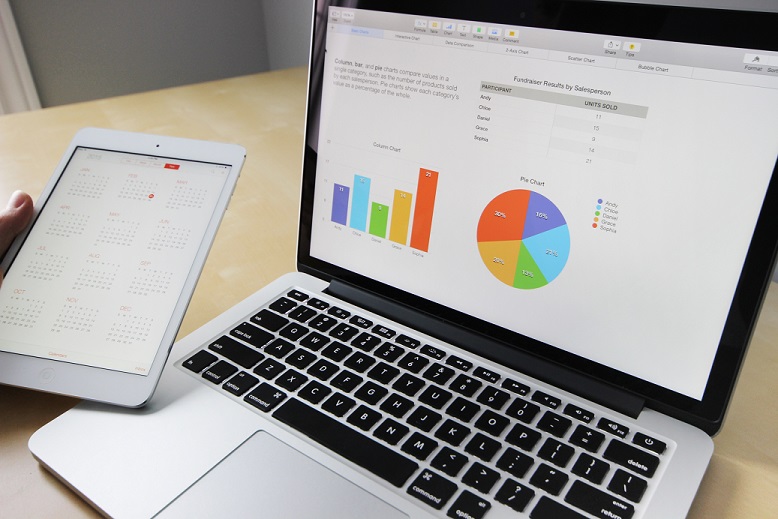Non-fungible tokens, also known as NFTs, have lately attracted a lot of interest in the art industry because of their potential to validate the ownership of digital artwork and its validity. Notwithstanding this, the applications of NFTs might be found well beyond the realm of art and into a variety of other sectors, including healthcare. In this article, we will investigate the use of NFTs for the administration of health data, as well as the possible advantages and difficulties associated with using NFTs in this capacity.
What is meant by the term “non-fungible tokens”?
A non-fungible token is a sort of digital asset that signifies ownership of a one-of-a-kind object or asset, such as a piece of artwork or a collectable. These tokens are not interchangeable with other digital assets. Blockchains are used to store NFTs. Blockchains are decentralized ledgers that offer a safe and transparent record of ownership as well as the history of transactions. Since each NFT is one of a kind, its ownership may be transferred directly from one person to another without the involvement of any third parties.
You might also like to read: Handling Third-Party Risk Management (TPRM) Challenges In Healthcare
What applications may be found for NFTs in the medical field?
The handling of health data is a significant obstacle not just for healthcare practitioners but also for patients. Massive volumes of data, such as diagnostic reports, medical photographs, and electronic health records, are produced by the healthcare sector. Nevertheless, due to the fact that these data are often dispersed, kept in a variety of places, and controlled by a wide variety of stakeholders, it is difficult to get access to them in a safe manner and to exchange them effectively.
The management and protection of patients’ health information is facilitated by the use of NFTs. NFTs, which stand for a unique identifier for each patient’s data, enable patients to own and exercise control over their own health information. Each NFT may be used to get access to the patient’s health data that has been kept on a blockchain, which offers a safe and transparent record of ownership as well as access.
The use of NFTs in medical practice has the potential to provide a number of advantages, including the following:
Sharing of data in a safe and transparent manner NFTs have the potential to provide a method that is both secure and transparent for the exchange of medical data between patients, healthcare practitioners, and researchers. A trustworthy record of information exchange may be obtained via the use of the blockchain technology, which assures that each transaction is recorded and cannot be changed or removed.
Control of data by patients: The use of NFTs may provide patients with the ability to govern their own health data and decide who else can access it. Patients have more choice over the level of privacy that is maintained over their data when they utilize NFTs to allow access to their health records in order to third parties.
Patients may be incentivized to share their health data with healthcare professionals and researchers via the use of NFTs, which can be used to give this kind of incentive. Patients have the option of receiving remuneration in the form of tokens for providing their data. These tokens may then be used to pay for medical services or contributed to other research endeavors.
You might also like to read: Top 5 EHR Solutions and Their Pros and Cons
Difficulties posed by the use of NFTs for the management of health data
Although while NFTs have the potential to completely transform the way that health data is managed, there are still a number of obstacles that need to be overcome.
Standardization of data: Medical records are often kept in forms and according to standards that vary from one another, which makes it difficult to combine and exchange the records. The use of NFTs necessitates the utilization of a standardized format for the storage of health data in order to enable interoperability and the transmission of data across various systems.
Concerns about data privacy and security are raised when non-fungible tokens (NFTs) are used for the administration of health data. Patients and healthcare providers alike have a responsibility to check that the use of NFTs is compliant with all applicable data protection legislation and includes adequate protections against data breaches.
Technological competence is required in order to successfully apply NFTs for the administration of health data. This expertise must be in the areas of blockchain technology and smart contracts. It’s possible that patients and healthcare professionals may need training and assistance in order to utilize NFTs successfully.
You might also like to read: Top 5 EHR Solutions and Their Pros and Cons
Conclusion
Since they provide a safe and open method for managing and exchanging health data, NFTs have the potential to bring about a fundamental shift in the way health data is handled. The usage of blockchain technology with smart contracts may provide a trustworthy record of data ownership and access by ensuring that each transaction is recorded and cannot be edited or erased. This protects the integrity of the record. Nevertheless, in order to apply NFTs for the management of health data, it is necessary to overcome a number of obstacles, such as the standardization of data, the protection of data privacy, and the acquisition of technical skills. The healthcare sector will likely continue to produce enormous volumes of data in the near future, and the

One thought on “Non-fungible tokens for the management of health data”